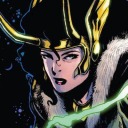Thusspokejade - Jade
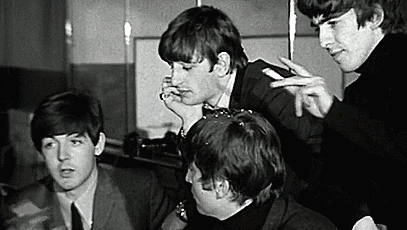
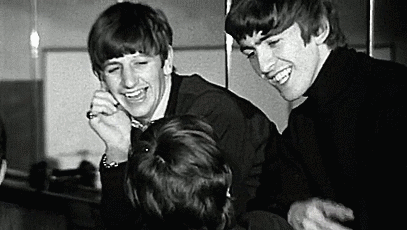
More Posts from Thusspokejade and Others


George Harrison at Friar Park






The First U.S. Visit (1964)
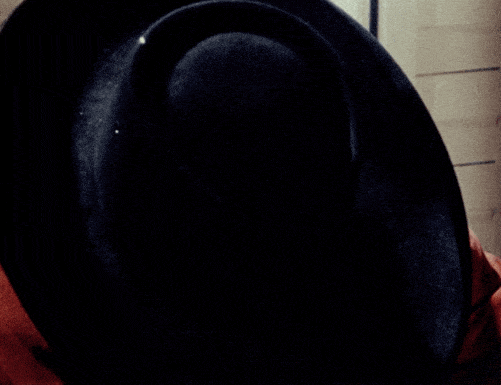
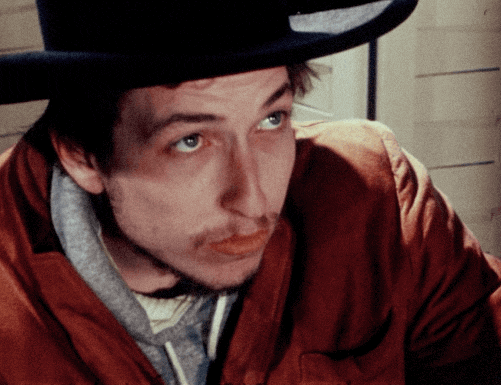
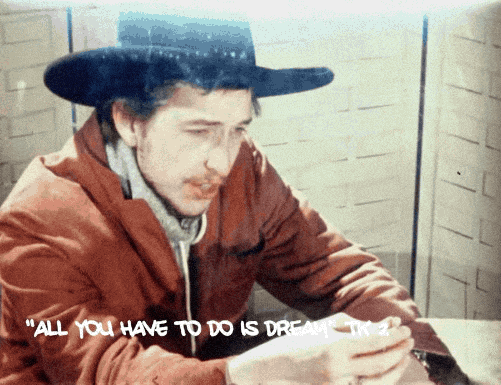
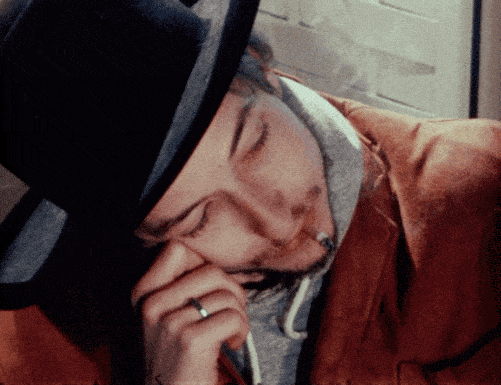
The Basement Tapes (Trailer, 2015)

John Lennon & George Harrison | 1969 © Bruce McBroom


18th December 1967, PARIS - George Harrison and Pattie Boyd attending at a UNICEF gala. (John & Cynthia Lennon can be seen at the second photo).
Photo by REPORTERS ASSOCIES/Gamma-Rapho via Getty Images
This is just my 2 cents, but I think the way Get Back is framed as Paul being the only one who cared is incorrect.
It's not that George didn't care. He was in good spirits at the start, offered songs, offered suggestions to make the songs as good as they could be, etc. The others weren't interested.
At one point George mentions Magical Mystery Tour, and I think that's significant. George decided to stay silent and let things play out when MMT was being filmed, and it turned out to be a bit of a disaster. It was like he could see Get Back was going to end the same way unless he spoke up. He was determined to prevent The Beatles from repeating a mistake.
To me, that's the opposite of not caring.
And look what happened as a result. The Beatles did change course, and the Get Back sessions became monumentally better.
Paul said once that George was the one who always got them out of doing things none of them actually wanted to do because he wasn't afraid to put his foot down, and this was one of those cases imo. It might not make him the most popular with fans, but George saved the band a lot of grief by being that person.
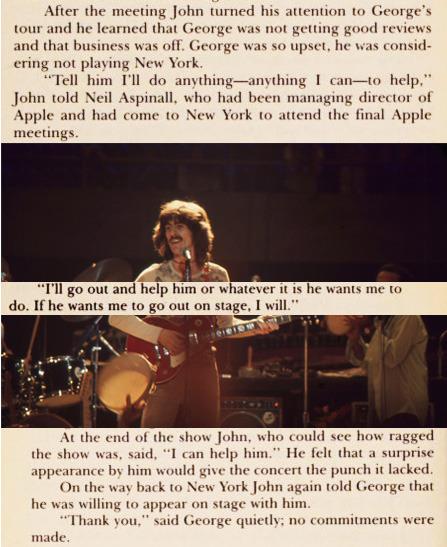
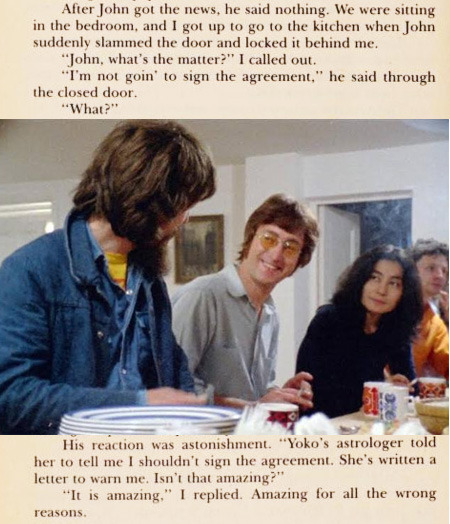


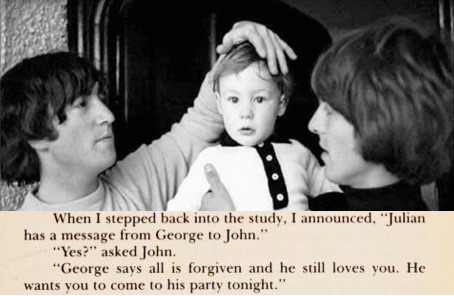
“The musicians crowded around center stage for final bows, cheers washed up in waves from the audience, and even Dylan was swept up in the euphoria. Backstage, Dylan picked George up and squeezed him. ‘God,’ Dylan said, ‘if only we’d done *three* shows.’”
— Joshua M. Greene on the Concert for Bangladesh, Here Comes the Sun: The Spiritual and Musical Journey of George Harrison


1970
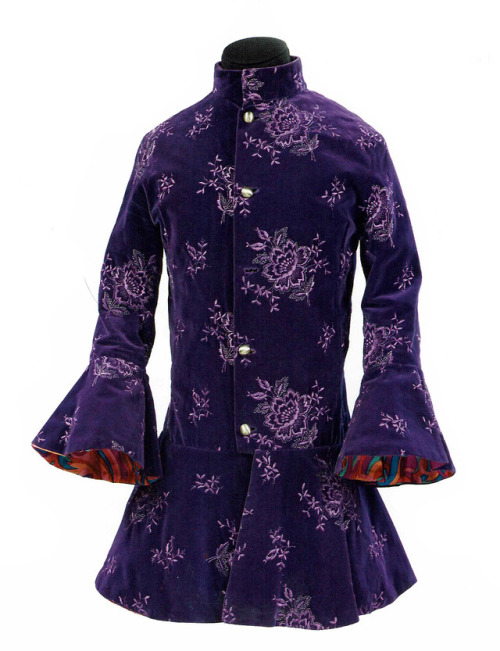
George Harrison’s purple jacket, worn when he and John were on the David Frost Programme September 27, 1967. Designer unknown.
My scan from “You Say You Want a Revolution? Records and Rebels 1966-70.” This was the catalogue from the Victoria & Albert Museum exhibition of the same name. Book edited by Victoria Broackes and Geoffrey Marsh.
-
 foxmonkey liked this · 2 months ago
foxmonkey liked this · 2 months ago -
 impossiblegardencollector liked this · 4 months ago
impossiblegardencollector liked this · 4 months ago -
 thusspokejade reblogged this · 1 year ago
thusspokejade reblogged this · 1 year ago -
 thusspokejade liked this · 1 year ago
thusspokejade liked this · 1 year ago -
 tresfoufou liked this · 1 year ago
tresfoufou liked this · 1 year ago -
 sodarockloverbeatles liked this · 1 year ago
sodarockloverbeatles liked this · 1 year ago -
 beatlesgirl1978 liked this · 1 year ago
beatlesgirl1978 liked this · 1 year ago -
 apparentlyteodora liked this · 1 year ago
apparentlyteodora liked this · 1 year ago -
 nedalek liked this · 1 year ago
nedalek liked this · 1 year ago -
 inspirationalclass reblogged this · 1 year ago
inspirationalclass reblogged this · 1 year ago -
 sunkissedfawn liked this · 1 year ago
sunkissedfawn liked this · 1 year ago -
 stinkyfartgirl liked this · 1 year ago
stinkyfartgirl liked this · 1 year ago -
 r3c04d liked this · 1 year ago
r3c04d liked this · 1 year ago -
 boshemians reblogged this · 2 years ago
boshemians reblogged this · 2 years ago -
 goawaygo liked this · 2 years ago
goawaygo liked this · 2 years ago -
 darlinggeoharrison liked this · 2 years ago
darlinggeoharrison liked this · 2 years ago -
 madhatterys liked this · 3 years ago
madhatterys liked this · 3 years ago -
 pleasant52 liked this · 3 years ago
pleasant52 liked this · 3 years ago -
 takebugs reblogged this · 3 years ago
takebugs reblogged this · 3 years ago -
 takebugs liked this · 3 years ago
takebugs liked this · 3 years ago -
 sirwhies liked this · 3 years ago
sirwhies liked this · 3 years ago -
 venusdiamour liked this · 3 years ago
venusdiamour liked this · 3 years ago -
 eggos-and-swans liked this · 3 years ago
eggos-and-swans liked this · 3 years ago -
 acupofbritishearlgrey liked this · 3 years ago
acupofbritishearlgrey liked this · 3 years ago -
 asoano30 liked this · 3 years ago
asoano30 liked this · 3 years ago -
 lennon666 liked this · 4 years ago
lennon666 liked this · 4 years ago -
 cooplaur liked this · 4 years ago
cooplaur liked this · 4 years ago -
 mariansworld-blog reblogged this · 4 years ago
mariansworld-blog reblogged this · 4 years ago -
 mariansworld-blog liked this · 4 years ago
mariansworld-blog liked this · 4 years ago -
 mccartneybaby reblogged this · 4 years ago
mccartneybaby reblogged this · 4 years ago -
 cloudsinthemind reblogged this · 4 years ago
cloudsinthemind reblogged this · 4 years ago -
 rypurr liked this · 4 years ago
rypurr liked this · 4 years ago -
 artofdying1970 liked this · 4 years ago
artofdying1970 liked this · 4 years ago -
 abbey67road liked this · 4 years ago
abbey67road liked this · 4 years ago -
 brrrackets-and-fangs liked this · 4 years ago
brrrackets-and-fangs liked this · 4 years ago -
 brackets-mccharmley-brackets reblogged this · 4 years ago
brackets-mccharmley-brackets reblogged this · 4 years ago -
 annalise-lupines liked this · 4 years ago
annalise-lupines liked this · 4 years ago -
 dorkofthedarkside liked this · 4 years ago
dorkofthedarkside liked this · 4 years ago -
 a-lonely-speck-of-dust liked this · 4 years ago
a-lonely-speck-of-dust liked this · 4 years ago -
 damapajaro liked this · 4 years ago
damapajaro liked this · 4 years ago -
 ppirdinflow liked this · 4 years ago
ppirdinflow liked this · 4 years ago -
 pururumpum liked this · 4 years ago
pururumpum liked this · 4 years ago -
 60schickgroovy liked this · 4 years ago
60schickgroovy liked this · 4 years ago -
 dx-feelgood liked this · 4 years ago
dx-feelgood liked this · 4 years ago
